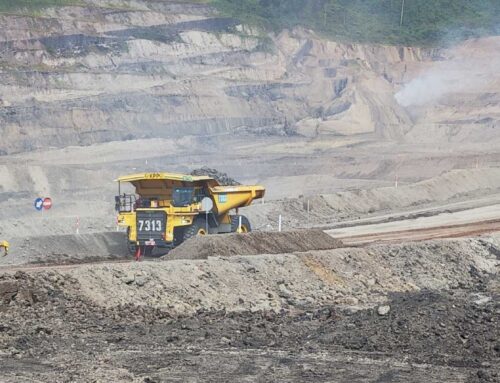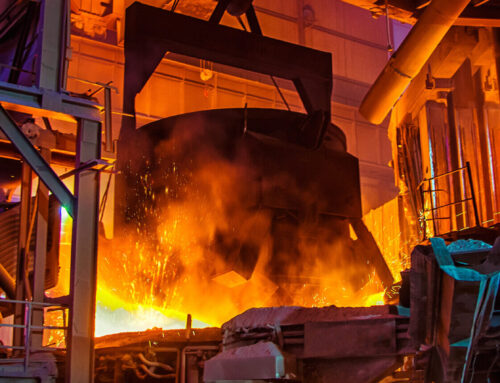Europe expects a great deal from its agricultural and forestry sector if the Green Deal is to succeed.
At EU level, the land use, land-use change and forestry (LULUCF) sector must produce 310 million tonnes of CO2 equivalent in net removals by 2030.
Agriculture and forestry are the only industries capable of providing natural carbon sinks.
As we were reminded again when the European Parliament voted on the Nature Restoration Act, Europe expects a great deal from its agricultural and forestry sector if the Green Deal is to succeed.
The sector’s carbon sequestration potential has become decisive for achieving carbon neutrality by 2050.
At EU level, the land use, land-use change and forestry (LULUCF) sector must produce 310 million tonnes of CO2 equivalent in net removals by 2030. The target applies to emissions of carbon dioxide, methane and nitrous oxide (Regulation (EU) 2023/839 of the European Parliament and of the Council of 19 April 2023 amending Regulations (EU) 2018/841 and (EU) 2018/1999, published mid-2021 concerning the scope, simplification of reporting and compliance rules, and the setting of Member State targets for 2030).

The sector is not intended to be part of the European Union Emissions Trading Scheme (EU ETS), which imposes a cap on the highest-emitting industries.
Based on the model of the SEQE, the first carbon “cap and trade” market, the best-allocated Member States will be able to trade their excess absorptions with the worst-performing Member States.
As a result, the need to improve the monitoring and reporting of greenhouse gas emissions and removals from land subject to protection and restoration measures is a priority.
The sector is not intended to be part of the European Union Emissions Trading Scheme (EU ETS), which imposes a cap on the highest-emitting industries – the EU ETS covers the energy, industry and aviation sectors. However, the binding targets assigned to the Member States are clear.
- From 2026, the sector’s absorptions will have to exceed its emissions, and each Member State will have to comply with a national absorption obligation to be achieved by 2030. There is also a mechanism to take account of natural disturbances that significantly affect a Member State’s ability to meet its national target.
- To meet the overall target, Europe has introduced stricter reporting and transparency requirements, as well as a review by 2025.
- Member States will be required to take corrective action if they are not making sufficient progress towards their target. There will also be a penalty for countries that fail to meet their target: 108% of GHGs in excess of the national budget for 2026-2029 will be added to their target for 2030.
Based on the model of the SEQE, the first carbon “cap and trade” market, the best-allocated Member States will be able to trade their excess absorptions with the worst-performing Member States.
About Positivéco
At Positivéco, we see new national and international CSR regulations as vectors for positive growth.
Our job: to improve the readability of your activities for better valuation.
Since 2009, we have been supporting financial institutions, public players, and listed and unlisted companies in the evaluation of their CSR policies, the production of their extra-financial reporting and the implementation of their climate investment and aid projects. Development.
Make an appointment today and find out how to meet the new requirements of economic transparency while serving the project of your company.









Contact us now!